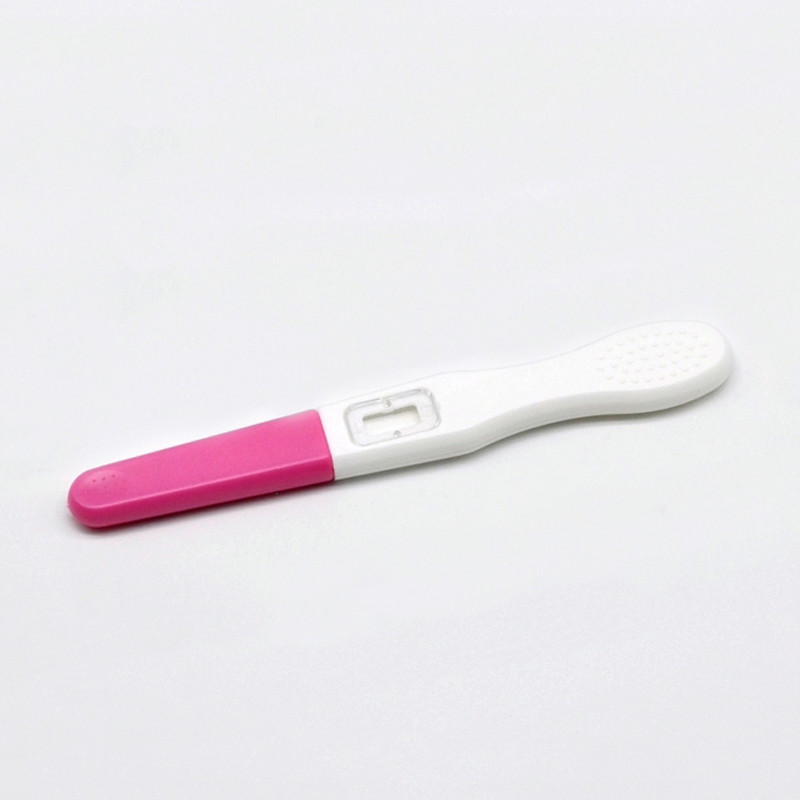Dec . 23, 2024 01:29 Back to list
typhoid test kit supplier
Understanding Typhoid Test Kit Suppliers A Comprehensive Overview
Typhoid fever is a serious bacterial infection caused by *Salmonella Typhi*, which primarily spreads through contaminated food and water. Despite the availability of vaccines and antibiotics, the disease remains a significant public health concern, particularly in developing countries with limited access to clean water and adequate sanitation. Accurate and timely diagnosis is crucial for effective treatment and control of typhoid fever, which is where typhoid test kits play an essential role. This article provides an overview of typhoid test kit suppliers, their importance, and the factors to consider when selecting a supplier.
The Importance of Typhoid Test Kits
Typhoid test kits are diagnostic tools that help detect the presence of *Salmonella Typhi* in patients exhibiting symptoms of typhoid fever, such as high fever, abdominal pain, and diarrhea. These kits can vary in complexity, from rapid test kits that provide results in minutes to more sophisticated laboratory kits that require specialized equipment. Early and accurate diagnosis is critical, as it allows for prompt treatment and can significantly reduce the risk of complications or further transmission of the disease.
Types of Typhoid Test Kits
There are several types of typhoid test kits available in the market, each suited for different clinical settings
1. Rapid Diagnostic Tests (RDTs) These are simple, easy-to-use kits that provide results quickly, often within 15-30 minutes. They are particularly useful in resource-limited settings where laboratory facilities may not be available. RDTs typically detect specific antigens or antibodies related to *Salmonella Typhi*.
2. Serological Tests These tests analyze blood samples to detect antibodies produced in response to the infection. While these tests can provide valuable results, they may take longer and may not be as reliable in the early stages of the infection.
3. Blood Culture Tests Considered the gold standard for diagnosing typhoid fever, blood culture tests involve incubating a blood sample to check for the presence of *Salmonella Typhi*. These tests require laboratory facilities and expertise, making them less accessible in remote areas.
typhoid test kit supplier

Selecting a Typhoid Test Kit Supplier
When selecting a supplier for typhoid test kits, several factors should be considered
1. Quality and Reliability It's crucial to choose a supplier that provides high-quality diagnostic kits that are sensitive and specific. Look for suppliers whose products have received validation or approval from reputable health organizations and regulatory bodies.
2. Variety of Products A good supplier should offer a range of test kits to meet different diagnostic needs. Whether for large-scale screening in a public health setting or for individual use in a clinic, the supplier should have options available.
3. Technical Support and Training Given that some test kits may require specific handling or interpretation, it's beneficial to choose a supplier that offers technical support and training for healthcare personnel. This ensures that the kits are used effectively and that results are accurately interpreted.
4. Cost and Accessibility The cost of test kits can vary widely. It's essential to balance affordability with quality, especially in low-resource settings where budget constraints are significant. Suppliers that offer bulk purchasing options or partnerships with healthcare organizations can be particularly valuable.
5. Reputation and Reviews Researching a supplier's reputation in the market through customer reviews and testimonials can provide insights into the reliability and effectiveness of their products. A well-established supplier with positive feedback is often a safer choice.
Conclusion
Typhoid test kits are critical tools in diagnosing and managing typhoid fever. As the disease continues to pose a public health challenge globally, the role of suppliers in providing quality diagnostic kits cannot be underestimated. By selecting the right supplier, healthcare providers can ensure timely and accurate diagnosis, ultimately leading to better patient outcomes and enhanced disease control efforts. As the demand for reliable and efficient diagnostic tools increases, it is crucial for stakeholders to stay informed about the latest advancements in diagnostic technologies and the resources available to combat typhoid fever effectively.
-
Highly Accurate hCG Pregnancy Test Strips - 5 Min Results
NewsAug.02,2025
-
Premium Empty ABS Plastic Cassettes: Durable & Lightweight Storage
NewsAug.01,2025
-
Accurate Cocaine (Coc) Rapid Test Kit | Fast & Reliable Detection
NewsJul.31,2025
-
Accurate HCG Pregnancy Test Strips | Fast Home Use Kit
NewsJul.31,2025
-
Reliable Early Pregnancy Test Kit Supplier - Multi Plastic Cassette Options
NewsJul.30,2025
-
Transferrin Rapid Test Cassette – Reliable Tumor Marker Detection
NewsJul.29,2025

